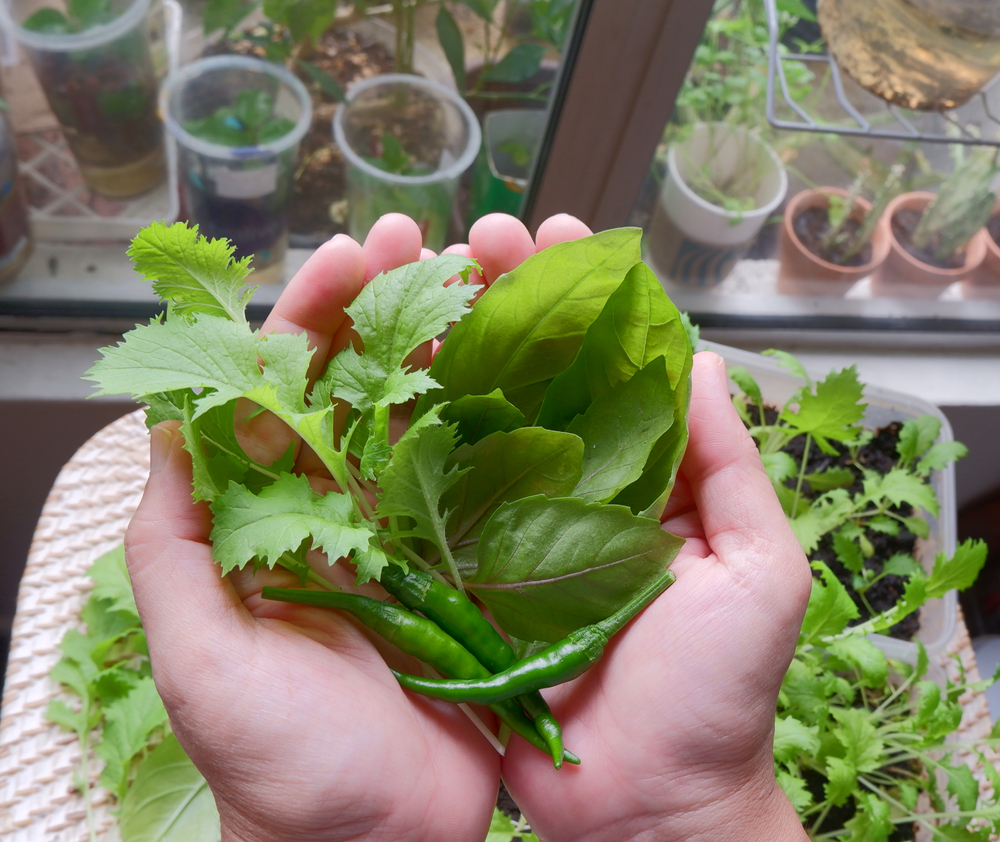Part of the Food Policy Snapshot Series
Policy name: The Ardi Ardak National Food Security Initiative
Overview: Ardi Ardak is a Lebanese grassroots food-security initiative that provides knowledge, resources, and sales outlets to small-scale producers while also increasing consumers’ access to local produce and promoting environmentally friendly agricultural practices.
Location: Lebanon
Population: 6.8 million
Food policy category: Food security
Program goals: To improve the indigenous Lebanese food system and support vulnerable populations.
How it works: The initiative includes the following components:
- Small-scale producers are given access to the market.
- Urban consumers gain access to healthy, local, affordable produce through mobile markets, farmers’ markets, food tours, an online platform, the Food and Roots brand that markets small-scale producers’ goods, and a Central Community Kitchen in Beirut.
- Low-income individuals receive technical assistance and resources to learn how to utilize urban agriculture and community gardens to increase food access. The program provides seedlings and seed packages, land assessments, and technical assistance promoting sustainable agricultural practices. Supplies are provided by cooperatives, community kitchens, and local producers.
- Vulnerable communities receive food packages, consisting of traditional mouneh (preserved) food products from local producers.
Ardi Ardak is a community-driven initiative of the Environment and Sustainable Development Unit (ESDU) at the Faculty of Agricultural and Food Sciences (FAFS) at the American University of Beirut in partnership with the Lebanese League for Women in Business (LLWB), the Food Heritage Foundation (FHF), and the Zico House cultural center.
Progress to date: Ardi Ardak was launched in response to Lebanon’s socioeconomic crisis and hunger needs, which were exacerbated by COVID-19 and the August 2020 explosion at the Port of Beirut. In 2020, 180 land assessments were performed, more than 140,000 seedlings and 14,000 seed bags were provided to farmers, and more than 7,000 hot meals were distributed to families in need.
Why it is important: The explosion at the Port of Beirut in August 2020, in the midst of the COVID-19 pandemic, caused a hunger crisis in Lebanon. The World Food Program reports that 85 percent of Lebanon’s food supply is imported, and 70 percent of all trade goes through the Port of Beirut. Three million people live in poverty, and when the explosion severely restricted the flow of food into the country, 50 percent of residents said they were concerned about having enough to eat.
Ardi Ardak focuses on enhancing the Lebanese food system to allow more people access to healthy, affordable foods without relying on imported goods.
Program/Policy initiated: The Ardi Ardak initiative launched on February 28, 2020.
Point of contact:
Office of Communications, American University of Beirut
Email: Communications@aub.edu.lb
Similar practices: FoodTank has published a list of 28 organizations similar to Ardi Ardak that promote indigenous food sovereignty.
Evaluation: See “Progress to date” above for initial outcomes. Updated results have not yet been published.
Learn more:
- Economic Crisis Combined with COVID-19 Is Pushing Lebanon Towards a Hunger Crisis (Save the Children)
- Failed State: Nearly 80 Percent of Households in Lebanon Do Not Have Food or Money to Buy Food, Warns UN (Independent)
- Lebanon on Brink of Hunger Crisis; Meat is a ‘Luxury’ (UPI)
- ‘Unprecedented’ Hunger in Lebanon as Fuel Crisis Hikes Food Costs (Al Jazeera)
References:
- 28 Organizations Promoting Indigenous Food Sovereignty (FoodTank)
- Ardi Ardak (American University of Beirut)
- “Ardi Ardak” (United Nations Department of Economic and Social Affairs)
- Ardi Ardak National Food Security Initiative (American University of Beirut)
- “Ardi Ardak” – National Food Security Initiative (The Food Heritage Foundation)
- Ardi Ardak Updates (American University of Beirut)
- The Importance of Mouneh Provisioning in Lebanon (The Food Heritage Foundation)
- Lebanese Grassroots Food Security Initiative Fosters Agricultural Self-Sufficiency (FoodTank)
- Lebanon Socioeconomic Crisis (ACAPS)
- Rebuilding in Lebanon (United Nations World Food Program)
- With Hunger Swelling, Lebanon Turns to Community Farming (Alarabiya News)


